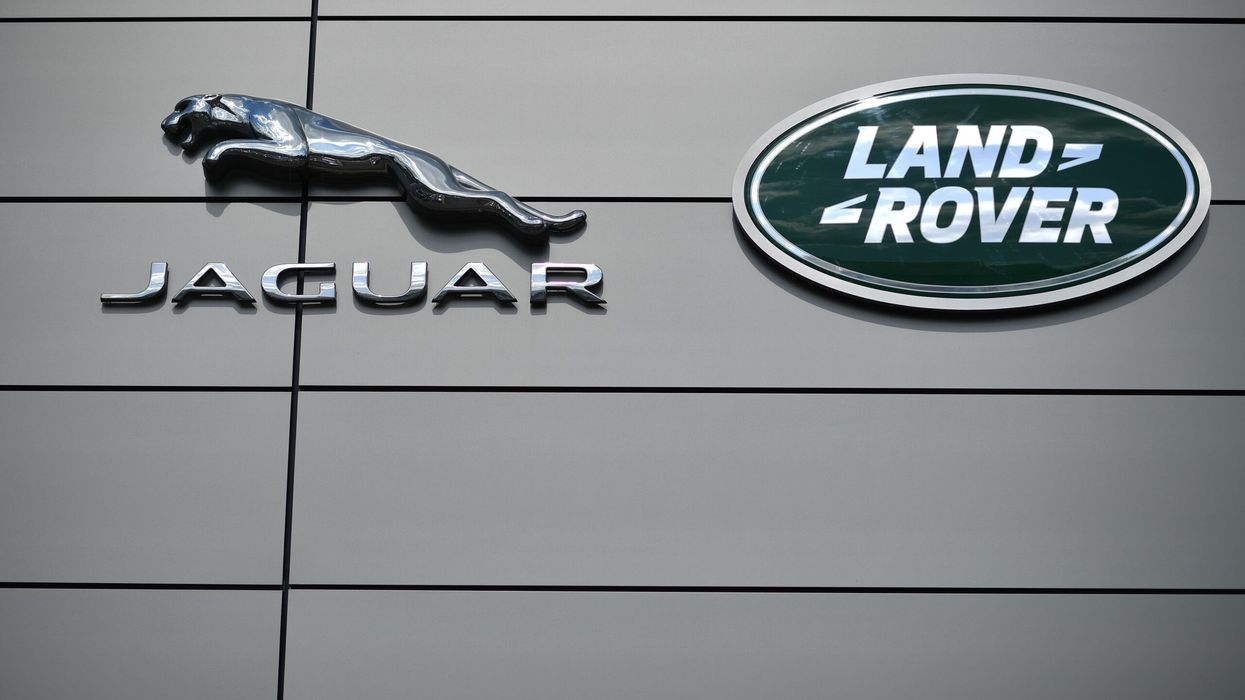Jaguar Land Rover (JLR) reported a 10.7 per cent drop in sales for the April–June quarter, as a temporary pause in shipments to the United States and the phase-out of Jaguar’s legacy models weighed on volumes.
The company, owned by India’s Tata Motors, sold 87,286 units to dealers worldwide during the quarter, compared to 97,755 units in the same period last year.
Retail sales dropped 15.1 per cent in the three months to the end of June, JLR said in a statement on Monday. The company cited a halt in exports to the US in April as one of the main reasons behind the decline. The pause followed the imposition of a 25 per cent duty by President Donald Trump on all foreign-made vehicles sold in the US, one of JLR's key markets.
JLR does not manufacture cars in the US. Its Range Rover lineup is produced in Britain, subject to a 10 per cent levy, while its top-selling Defender SUVs are built in Slovakia, which falls under the higher 25 per cent tariff.
North America, which accounts for around one-third of JLR’s global sales, saw a 12.2 per cent drop in volumes in the first quarter. Jaguar’s luxury sedans, SUVs and sports cars saw a 72 per cent decline in sales, falling to 2,339 units, as part of a planned wind-down of legacy models. Jaguar is set to become a fully electric brand by 2026.
Excluding Jaguar’s performance, JLR’s overall sales declined by 5.1 per cent.
In the UK, Jaguar’s sales were also affected by the phase-out of older models in preparation for its electric vehicle line-up. According to automotive trade body SMMT, British car exports to the US dropped by over 50 per cent in May. However, a new trade agreement between the UK and US is expected to support future sales. The agreement reduces tariffs on UK car exports to 10 per cent from 27.5 per cent, up to an annual limit of 100,000 vehicles.
JLR is among the top car exporters from Britain and contributes about two-thirds of Tata Motors' revenue. Both JLR and Tata Motors are expected to announce their first-quarter earnings in August.
In June, JLR revised its forecast for earnings margin before interest and taxes for the fiscal year 2026 to 5–7 per cent, down from the earlier target of 10 per cent, citing global uncertainty triggered by US tariffs.
(With inputs from agencies)





